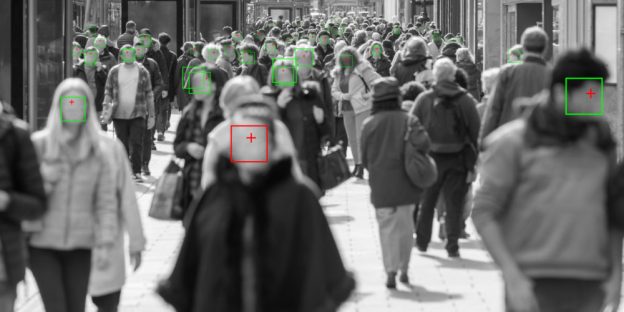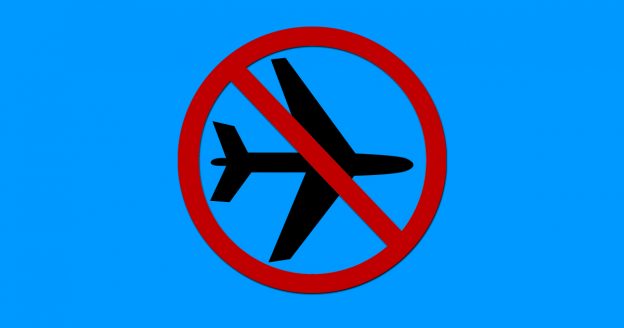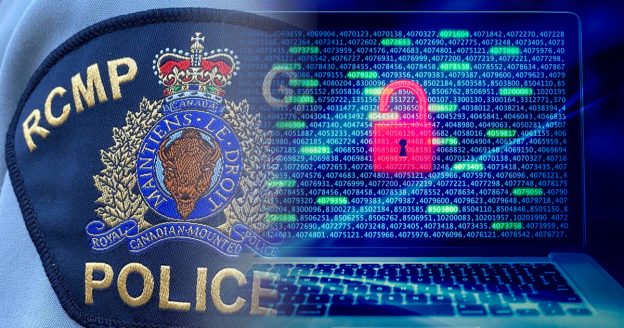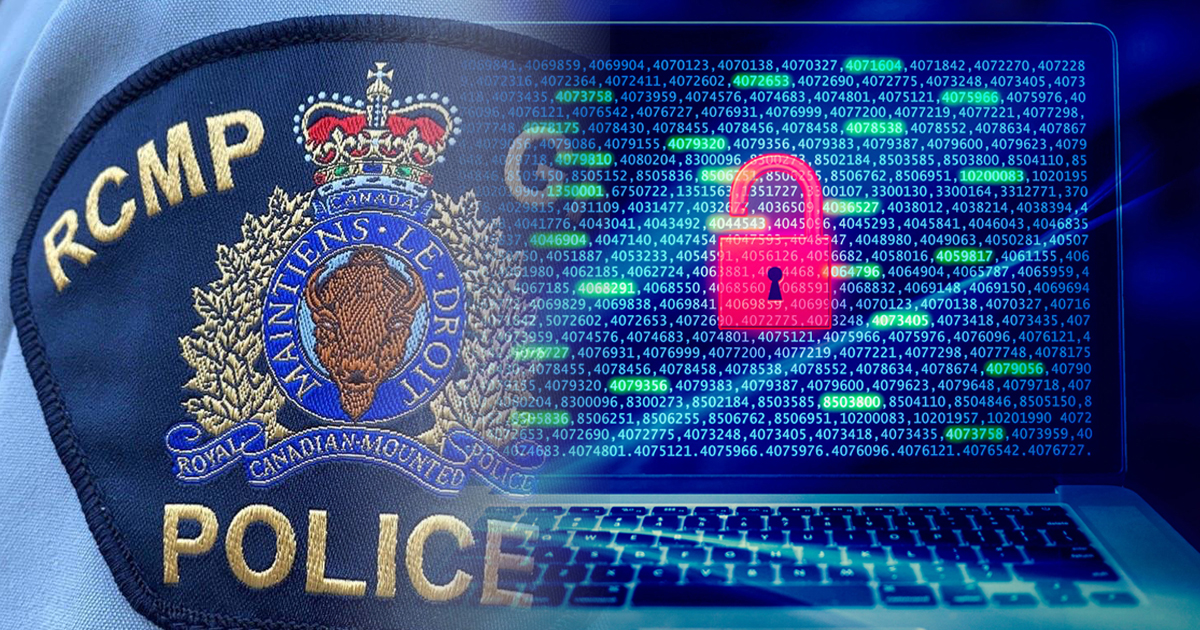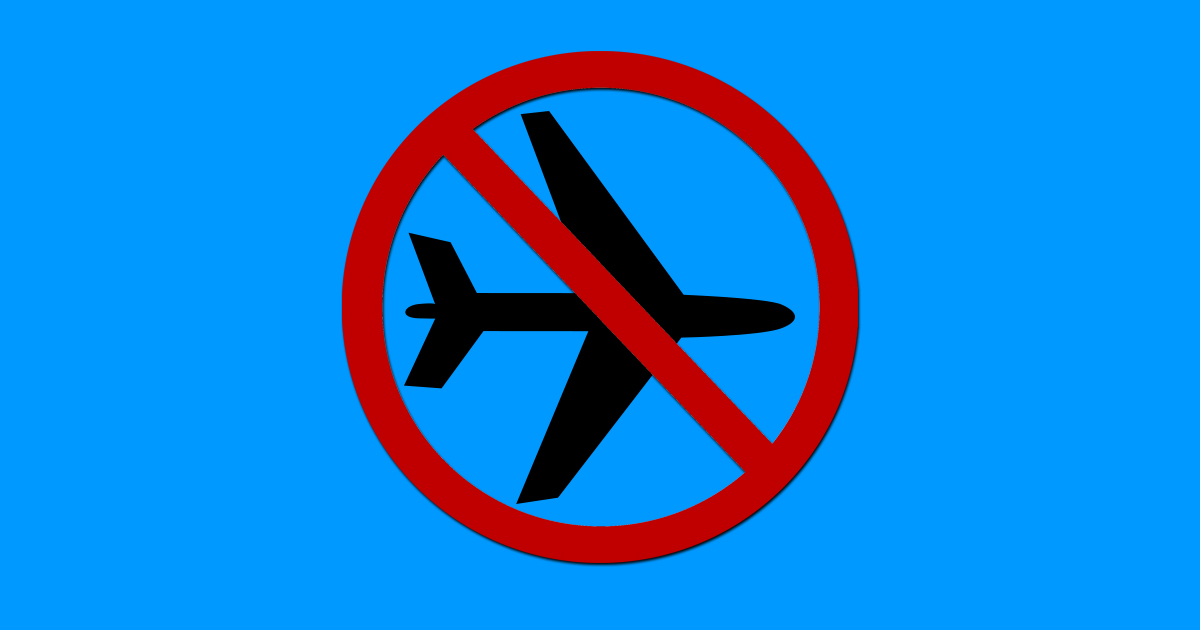
Nov. 5, 2020 — This week, the Canadian government announced that the final provisions of the so-called “Secure Air Travel Regulations” have come into force. These new regulations modify Canada’s No Fly List regime and will have an important impact on protecting the rights of up to 100,000 travellers, including Canadian citizens, who have suffered through more than a decade of being delayed, questioned, religiously and racially profiled and placed under suspicion when traveling by air, all because they were falsely flagged by a faulty system.
This has been a long, hard-fought battle led in large part by the No Fly List Kids campaign, founded by a group of parents whose children have been wrongly identified at airports as potential terrorist threats.
Unfortunately, these regulations do not address the central, foundational problems that plague Canada’s No Fly List system and will continue to result in the undermining of individuals’ rights as they travel.
A list made in secret
Canada’s No Fly List is composed of individuals whom the Public Safety Minister “has reasonable grounds to suspect” are either a threat to air travel safety, or are traveling to engage in a terrorist activity. This decision is based on information provided by various agencies, including the RCMP, CBSA, CSIS and others. We have no idea what kind of information is being used, though, since all decisions are made in secret. This allows for the use of unsourced intelligence, coming from suspect origins and never tested for accuracy.
Making matters worse is that this list is also shared with other countries and foreign agencies, which then use this information in their own anti-terrorism and security operations. Once this information is out there, it is nearly impossible to correct it, let alone call it back.
A list kept secret
We also don’t know who or how many people are on Canada’s No Fly List, since the list itself is completely secret. The only hint ever given was in 2007, when then-transport minister Lawrence Cannon stated that there could be around 2,000 people on the list, but that has never been confirmed. The latest information available on the United States No Fly List revealed it contained 47,000 names in 2013.
What does this mean for people who are listed? It means they have no idea that they are on this list, and have no opportunity to challenge their being placed on the list until they are about to board a plane. Imagine being suspected of illegal activity or “posing a danger”, being placed on a list that would mean you could never fly out of Canada and not knowing that you have been placed on this list, let alone granted the opportunity to challenge it from the get go?
That’s the situation for all the individuals placed on Canada’s No Fly List. They are only informed that they are listed if they are stopped from boarding a plane either departing or bound for a Canadian airport.
This is a serious subversion of due process, which successive governments have kept on the books.
It also means that you are essentially barred from foreign travel, unless you travel to the United Stated by ground – but that might also be impossible since if you are restricted from travelling in Canada, that information has already likely been shared with the US, or came from there in the first place.
Evidence shrouded in secrecy
Even if you get to the point of knowing you are on the No Fly List and mount a challenge, you will continue to face enormous obstacles:
- You must challenge your listing first to the Minister of Public Safety, who will consider and deliberate on your listing in secret.
- You will only be provided with a summary of the information against you, meaning you will still be arguing your case without fully knowing why you are listed.
- If you disagree with the Minister’s decision, you can then appeal it to the Federal Court of Canada. Even then, though, neither you nor your lawyer will have access to information being used to support your listing if it is considered sensitive to national security operations.
These are nearly insurmountable hurdles. And remember: you have not actually been charged with a crime or found guilty in court.
Profound impact on fundamental rights
Even taken separately, each of these issues has a profound impact on our fundamental rights that we would expect the government to promote:
- The right to mobility, including the right of Canadian citizens to return to their country;
- The right to liberty and the right not to be deprived thereof except in accordance with the principles of fundamental justice (including access to due process);
- Given that we know that people of Muslim and Arab background are more likely to be targeted for listing, it raises serious concerns regarding the right to equality before and under the law.
Never publicly scrutinized
Now as many have argued regarding other national security laws, you might say that this deprivation of rights is necessary in order to maintain effective air travel security for all other travellers. But this is the final unknown: Canada’s No Fly List has never been publicly or independently reviewed for effectiveness, necessity or its impact on travellers’ rights.
The justification for such a list remains based on post-9/11 arguments that we needed to pull out all the stops – including fundamental rights – in order to protect the security of air travel. But Canada’s No Fly List has never been subject to the deep scrutiny that should be expected of such a program. It is just accepted as a given.
While we would still argue that the deep flaws and impacts on rights caused by no fly lists could not be justified on the grounds of “effectiveness,” it is one more way we see secrecy in the name of national security allowing for troubling programs to remain and grow.
Time to end secret security lists
Those who have fought these past years for these new regulations have done a service to all travellers in Canada. They have put countless hours of work into this achievement. They have borne the brunt of suspicion, insults and fear of traveling, so they can engage in a simple act that many of us take for granted.
But they should never have had to go through this in the first place. The Canadian government had a solution from the beginning, and they still do: abolish the No Fly List. If someone is a threat to airline travel or to those in the region they are traveling to, charge them under the criminal code and take them to court where they can defend themselves, in public.
It’s time to be done with secret security lists once and for all.
Click below to help us continue to fight against the No-Fly List and to protect our human rights. Thank you!
Since you’re here…
… we have a small favour to ask. Here at ICLMG, we are working very hard to protect and promote human rights and civil liberties in the context of the so-called “war on terror” in Canada. We do not receive any financial support from any federal, provincial or municipal governments or political parties. You can become our patron on Patreon and get rewards in exchange for your support. You can give as little as $1/month (that’s only $12/year!) and you can unsubscribe at any time. Any donations will go a long way to support our work. You can also make a one-time donation or donate monthly via Paypal by clicking on the button below. On the fence about giving? Check out our Achievements and Gains since we were created in 2002. Thank you for your generosity! You can also make a one-time donation or donate monthly via Paypal by clicking on the button below. On the fence about giving? Check out our Achievements and Gains since we were created in 2002. Thank you for your generosity!

|


